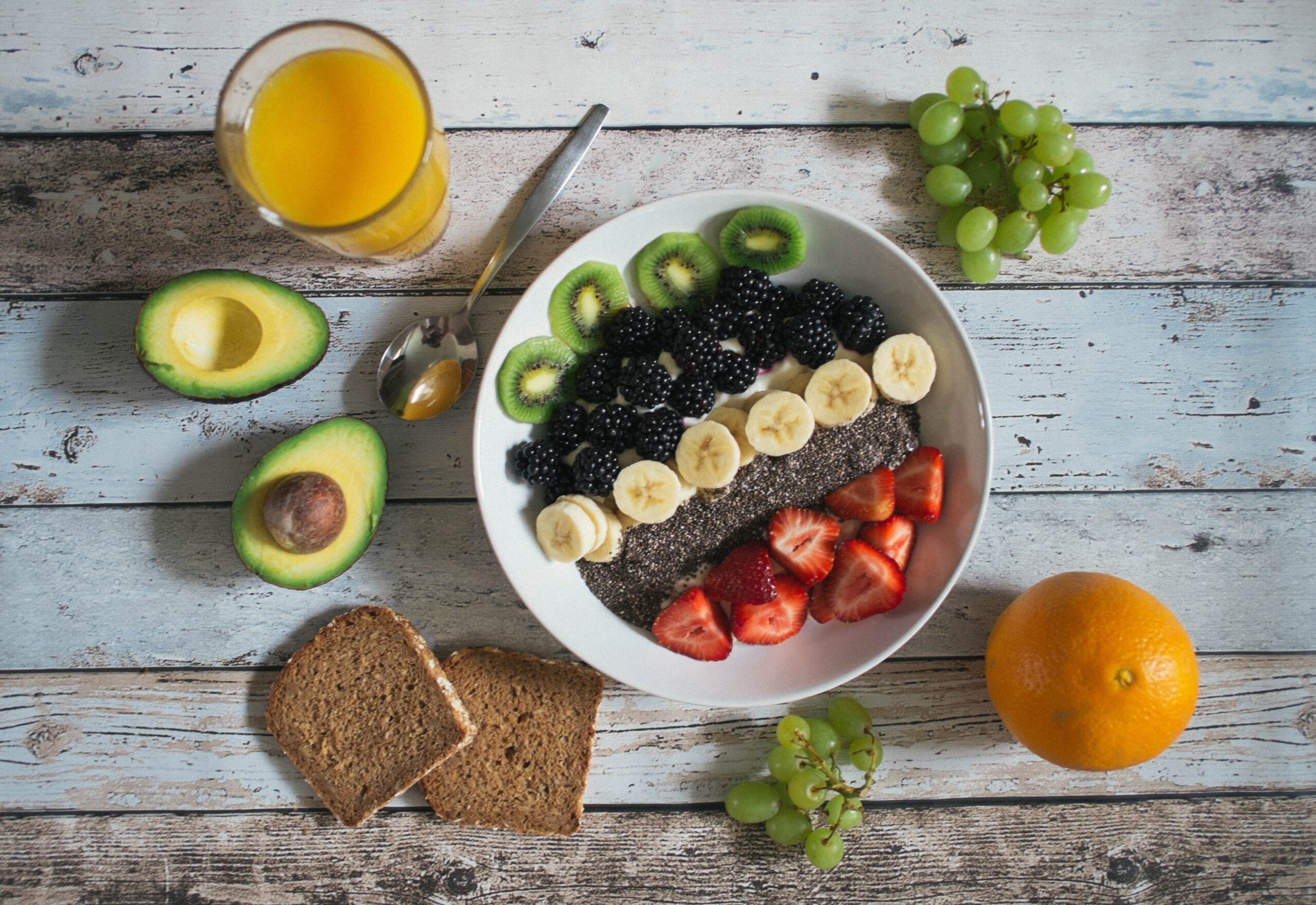Your digestive system breaks down the foods that you eat into the nutrients that your body needs. If you ignore your digestive health, your body could encounter problems absorbing essential nutrients.

The food you eat and your lifestyle have an impact on your digestive health. Taking steps to improve your digestive health, with diet changes and a visit to the colonoscopy doctors, can improve your overall health and wellbeing. If you aren’t sure where to start, you can try incorporating these strategies into your daily life to keep things running smoothly.
Eat A High-Fiber Diet
Consuming a high-fiber diet that is rich in whole grains, vegetables, fruits, and legumes can improve your digestive health. A high-fiber diet will help to keep food moving through your digestive tract, making you a lot less likely to get constipated. A diet like this can also help you prevent or treat various kinds of digestive conditions, such as diverticulosis, hemorrhoids, and irritable bowel syndrome (IBS). Eating like this can also help you to achieve or maintain a healthy weight.
Eat Both Insoluble and Soluble Fiber
It is important to consume both kinds of fiber, since they will help your digestive system in different ways. Insoluble fiber, which is sometimes known as roughage, can’t be digested by the body which means that it helps to add bulk to the stools. In contrast, soluble fiber can draw in water and can help to prevent stools from being too watery. Good sources of insoluble fiber to include in your diet include wheat brain, vegetables, and whole grains. For soluble fiber, you should eat plenty of oat bran, nuts, seeds, and legumes.
Limit Foods That Are High In Fat
In most cases, fatty foods tend to slow down the digestive process, which makes you more prone to constipation. It is important to get some healthy fat in your diet, however. To get the right balance, pair fatty foods with high-fiber foods to help things move along more smoothly.
Choose Lean Meats
Protein is an essential part of a healthy diet, but fatty cuts of meat can lead to digestive discomfort. When you eat meat, choose lean cuts, like pork loin or skinless poultry. Try to limit your portion size, and fill more of your plate with fiber-rich whole grains, fruits, and vegetables.
Eat On Schedule
Eating your meals and snacks on a regular schedule can help to keep your digestive system in good shape. Aim to sit down for breakfast, lunch, dinner, and snacks around the same time every day.
Stay Hydrated
Drinking lots of water is great for your digestive health. Fiber pulls water into the colon to create softer, bulkier stools, which will allow them to pass through your system more easily.
Skip Bad Habits Like Smoking, Excessive Caffeine, and Alcohol
Alcohol, cigarettes, and too much coffee or other caffeinated drinks can interfere with the functioning of your digestive system and can lead to problems like heartburn and even stomach ulcers.
Consider getting treatment for underlying problems
If you have taken on any and all of these tips but you’re still not seeing results, then there may be a more serious underlying problem. Procedures such as endoscopy, for example, are useful to have when a closer look needs to be taken at your digestive system. While the procedure itself might be a little uncomfortable, it’s worthwhile to understand what’s going on in there.
Contributed Content

